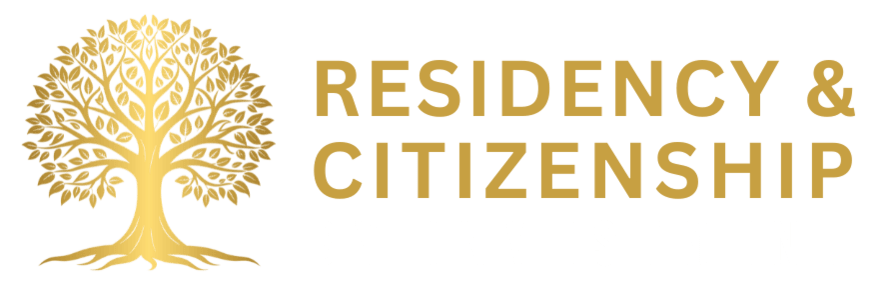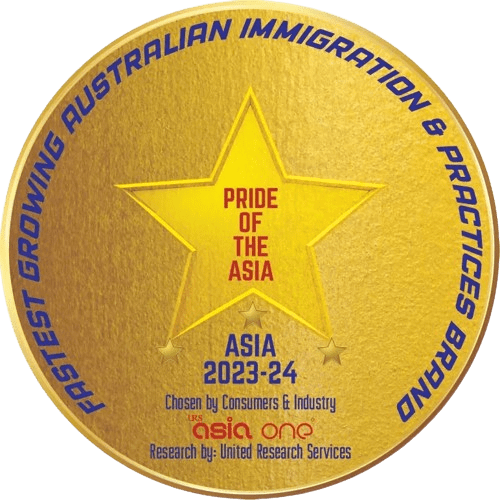Australia’s history is a rich tapestry woven from ancient indigenous cultures, European exploration and colonisation, and the development of a diverse modern nation. This journey through time explores the key events and milestones that have shaped Australia into today’s country.
Ancient Origins: Indigenous Australia
Ancient Origins: Indigenous Australia
- Ancient Origins: Indigenous Australia
- Cultural Diversity: Indigenous Australia comprises hundreds of distinct groups with unique languages, traditions, and social structures.
Society and Environment:
- Hunter-Gatherer Lifestyle: Indigenous Australians were primarily hunter-gatherers with deep knowledge of the land and its resources.
- Land Management:Practices such as fire-stick farming were used to manage the environment and promote biodiversity.
European Exploration and Colonisation
The process of transitioning from a Student Visa to permanent residency can be financially and emotionally taxing. International tuition fees are significantly higher than those for domestic students, leading to substantial financial strain. Additionally, the uncertainty of securing a permanent visa can cause emotional stress and instability.
Better Alternatives for Settlement
Early European Contact:
- Dutch Exploration: The first recorded European contact was by Dutch navigator Willem Janszoon in 1606, followed by other Dutch explorers mapping parts of the northern and western coasts.
- British Arrival: In 1770, Captain James Cook claimed the eastern coast for Great Britain, naming it New South Wales.
Colonisation:
- First Fleet: In 1788, the First Fleet, consisting of 11 ships carrying convicts, soldiers, and settlers, arrived at Botany Bay, establishing the first British colony at Port Jackson (modern-day Sydney).
- Expansion: Over the next century, British settlements expanded across the continent, leading to the establishment of additional colonies such as Tasmania, Western Australia, South Australia, Victoria, and Queensland.
Impact on Indigenous Peoples :
- Displacement: European colonisation led to the displacement of Indigenous communities, loss of land, and exposure to new diseases.
- Conflict and Resistance: There were numerous conflicts between settlers and Indigenous Australians, with many Indigenous groups resisting the encroachment on their lands.
Path to Federation
Economic and Social Development :
- Gold Rushes: The discovery of gold in the 1850s in New South Wales and Victoria brought a wave of immigrants and economic prosperity.
- Infrastructure: Railways, telegraph lines, and other infrastructure developments helped connect the colonies and promote economic growth.
Political Movements:
- Push for Federation: By the late 19th century, there was a growing movement for the unification of the colonies. Key figures such as Sir Henry Parkes championed the cause.
- Federation Achieved: On January 1, 1901, the six colonies federated to form the Commonwealth of Australia, with Edmund Barton as the first Prime Minister.
Political Movements:
World Wars:
- World War I:Australia participated in World War I as part of the British Empire, with significant contributions and heavy losses at battles like Gallipoli.
- World War II: Australia again played a crucial role in World War II, particularly in the Pacific Theatre, and saw direct attacks on its soil, such as the bombing of Darwin.
Post-War Era:
- Economic Boom: The post-war period saw significant economic growth, immigration, and development.
- Multiculturalism: Immigration policies shifted towards inclusivity, leading to a multicultural society with diverse cultural influences.
Post-War Era:
- Economic Boom: The post-war period saw significant economic growth, immigration, and development.
- Multiculturalism: Immigration policies shifted towards inclusivity, leading to a multicultural society with diverse cultural influences.
Modern Australia:
- Economic Powerhouse: Australia has grown into a prosperous nation with a strong economy, known for its natural resources, advanced industries, and high standard of living.
- Global Influence: Australia plays an active role in international organisations and maintains strong ties with Western and Asia-Pacific nations
















